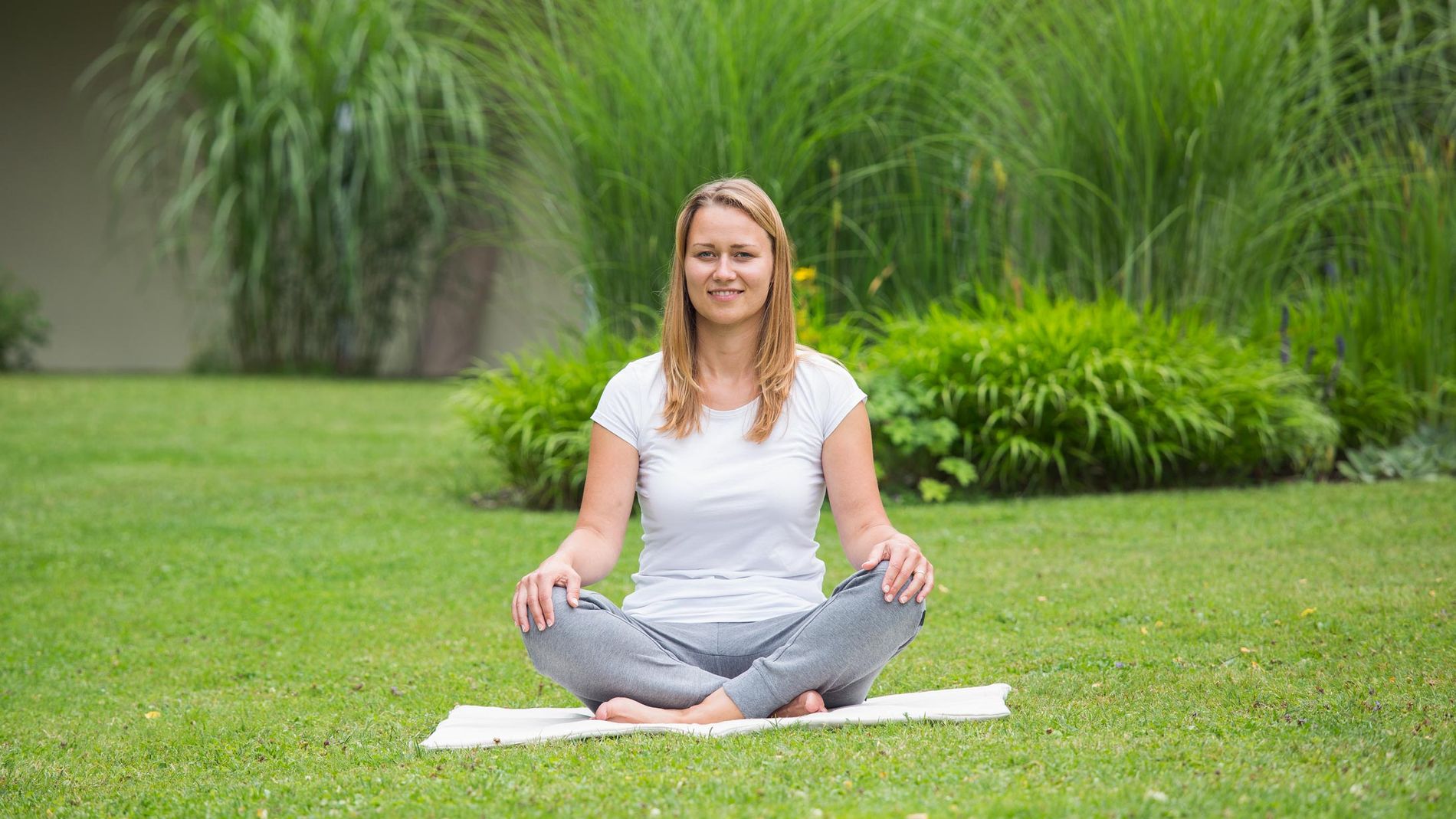PREPARATION FOR THERAPEUTIC FASTING
MENTAL PREPARATION
Mental preparation is an essential part of therapeutic fasting. It begins with the conscious decision to embark on a period of inner contemplation and physical cleansing. Preparing yourself mentally for fasting also means informing yourself about the challenges and benefits ahead and preparing yourself emotionally. It can be helpful to practise specific techniques such as meditation, mindfulness exercises or diary writing to strengthen self-awareness and promote a positive and focused state of mind.
PHYSICAL PREPARATION –
THE RELIEF DAYS
Physical preparation for therapeutic fasting should begin two to three days before the start of the fast. During this period of fasting days, it is recommended to eat light, well-tolerated foods such as potatoes, brown rice, millet, oatmeal, fruit, vegetables (including raw vegetables and soups) with oils and little salt. Meat, sausages, fish and cheese should be reduced. You should avoid stimulants such as alcohol and sweet and savoury snacks altogether and slowly stop drinking coffee. This will make the transition to the fasting period easier. Sufficient fluid intake and light physical activities such as walks or gentle yoga can also be beneficial to prepare the body for fasting and to calm down both internally and externally.


IMPLEMENTATION OF THERAPEUTIC FASTING
IMPLEMENTATION
Therapeutic fasting is a special experience that requires both discipline and attention. This section guides you through the essential steps of the fasting process and offers practical advice to overcome the most common challenges. A deliberate and well-planned approach is the key to a successful fasting experience that offers not only physical, but also mental and emotional benefits. Learn how to fast safely and effectively to reap the full benefits of this ancient practice.
INTRODUCTION TO THE FASTING PROCESS
Start your fasting experience with understanding and mindfulness. It is important to be aware that this process affects both the body and the mind. Especially for first-time fasters, the beginning of therapeutic fasting can be associated with excitement and nervousness, as there is uncertainty about what to expect, whether one will be able to continue fasting, and how one will feel during the process.

HANDLING CHALLENGES
Fasting is not only a physical process, but also an emotional journey. It is common to experience various challenges during fasting, both physically and emotionally. On a physical level, for example, feelings of hunger or fatigue may arise. Here, light activities like yoga, walks, and adequate fluid intake can be helpful. Additionally, many people experience heightened sensitivity during fasting, and repressed emotions or thoughts may come to the forefront. Mindfulness and breathing exercises can be a way to cope, or keeping a fasting journal to record experiences and emotions.




